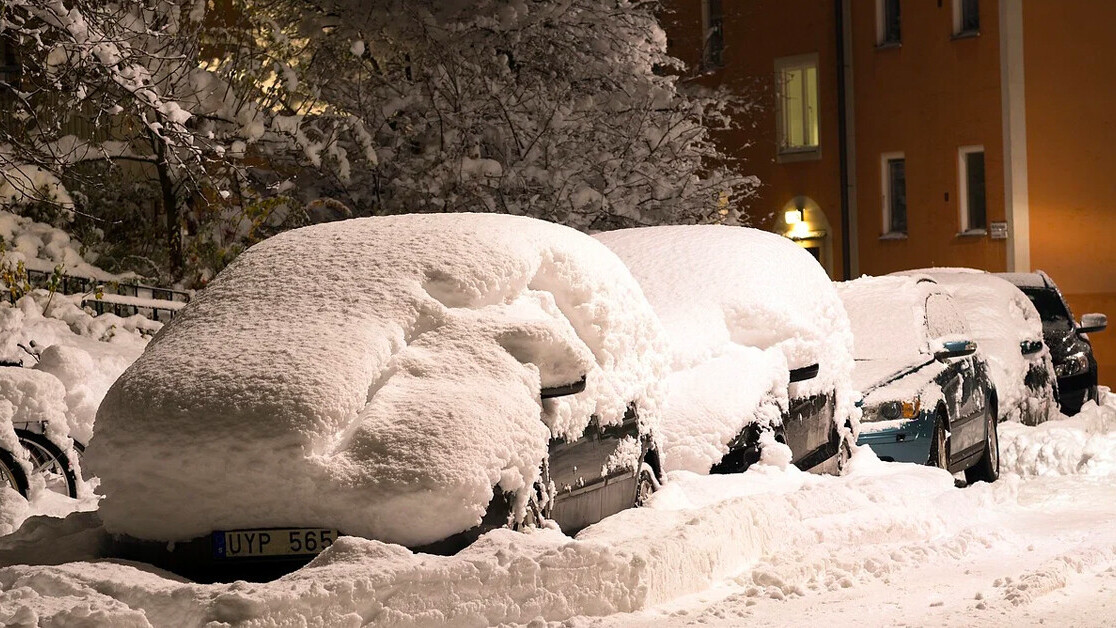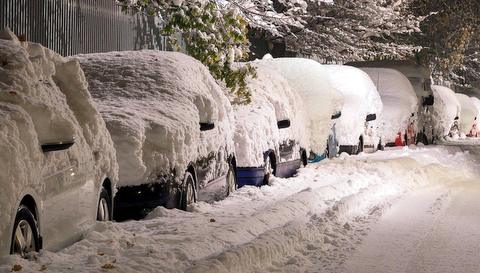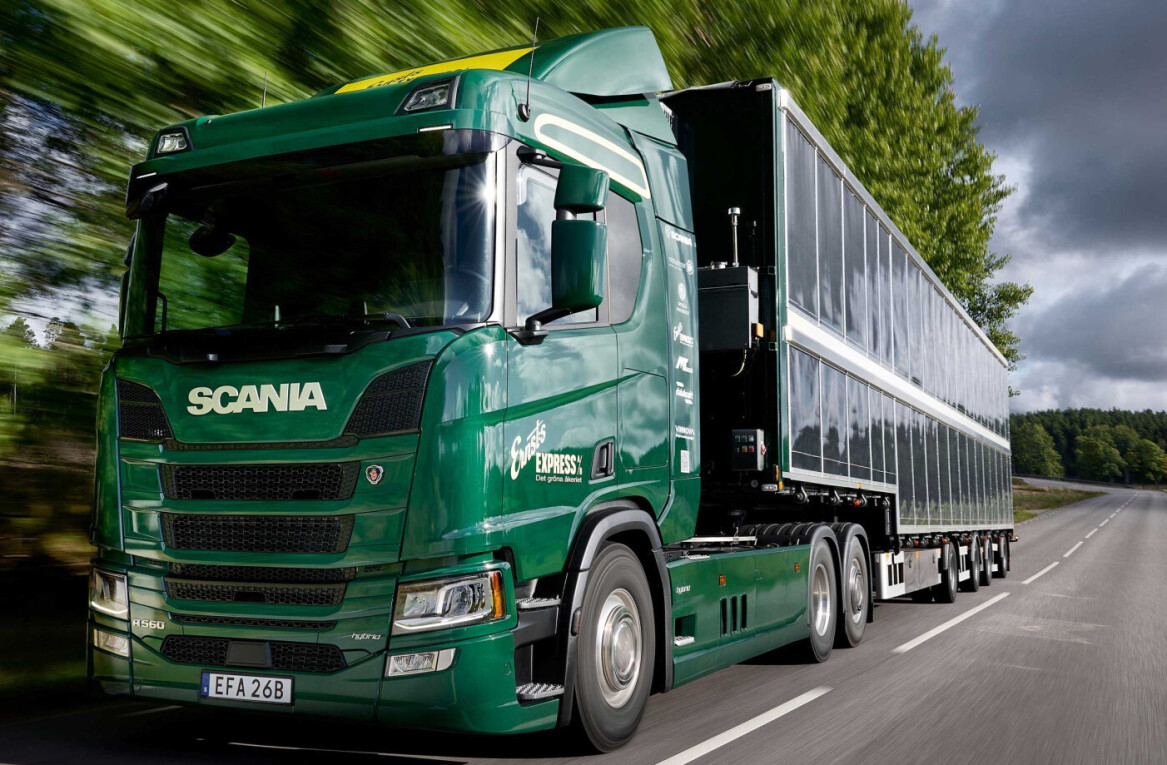This article was originally published by Martin Banks on Clean Fleet Report, a publication that gives its readers the information they need to move to cars and trucks with best fuel economy, including electric cars, fuel cells, plug-in hybrids, hybrids and advanced diesel and gasoline engines.
If you own an electric vehicle, you already know your car requires some special care. That’s especially true in the winter months. So how do you keep your EV working correctly?
Here are a few tricks EV owners can use during colder weather.
1. Evaluate tire pressure
It’s crucial to keep an eye on tire pressure in general. This point will be critical when 20-degree days are ahead. Tires can lose 1 pound per square inch every time the outdoor temperature decreases by 10 degrees. That’s why air pressure needs to be a priority.
Keep an air gauge handy, so you can check your car’s tire pressure. It should be obvious when there’s a leak, as your dashboard will show when the tires aren’t holding enough air. Be sure to fill them with your automaker’s recommended amount of pressure.
2. Charge until it’s time to go
EVs don’t usually need to be charged 24/7. It depends on how often the owner drives the car. That’s not true in the winter, however. It’s easy for electric vehicles to lose their charge when the battery gets cold. Therefore, EV owners should remember to keep them plugged into their power source until they leave the house.
[Read: ]
3. Drive it frequently
It’s also essential not to leave cars undriven during chilly weather. These temperature decreases can promote issues like corrosion that cause damage to vehicles. If you don’t drive your EV as often throughout the winter, you should try taking it around the block at least once every week.
4. Heat your garage
It can also help to heat your garage. This effort will keep the battery warm, which makes the car charge faster overall. That said, your vehicle might heat the battery automatically. For example, if you have a Tesla Model 3, you can turn on a feature called “climate control” to warm it up. EV owners can expect their vehicles to achieve more range as a result.
5. Expect lower mileage
You should not expect electric cars to operate at their full capacity in winter. Instead, they may only go about half as far as usual before requiring a charge. Many of today’s EVs can get up to around 200 miles before they need to be charged. It’s smart to prepare for half that capacity during colder weather.
Therefore, EV owners should prepare in advance. If you keep your car plugged in between uses, you’ll be able to drive as far as possible. Be sure to map routes that include various charging station options, so you don’t run out of power. It’s also a good idea to heat the car’s interior less often to reserve electricity.
Use these ideas to protect electric cars during winter
EVs have come a long way over the years — but they still require a little extra care to ensure they work their best. That’s primarily true in the winter. Try these tricks to ensure your electric car stays safe during cold days.
You can follow Clean Fleet Report on Twitter and Facebook.


SHIFT is brought to you by Polestar. It’s time to accelerate the shift to sustainable mobility. That is why Polestar combines electric driving with cutting-edge design and thrilling performance. Find out how.
Get the TNW newsletter
Get the most important tech news in your inbox each week.








